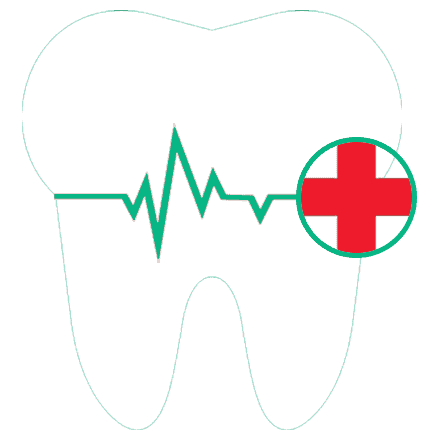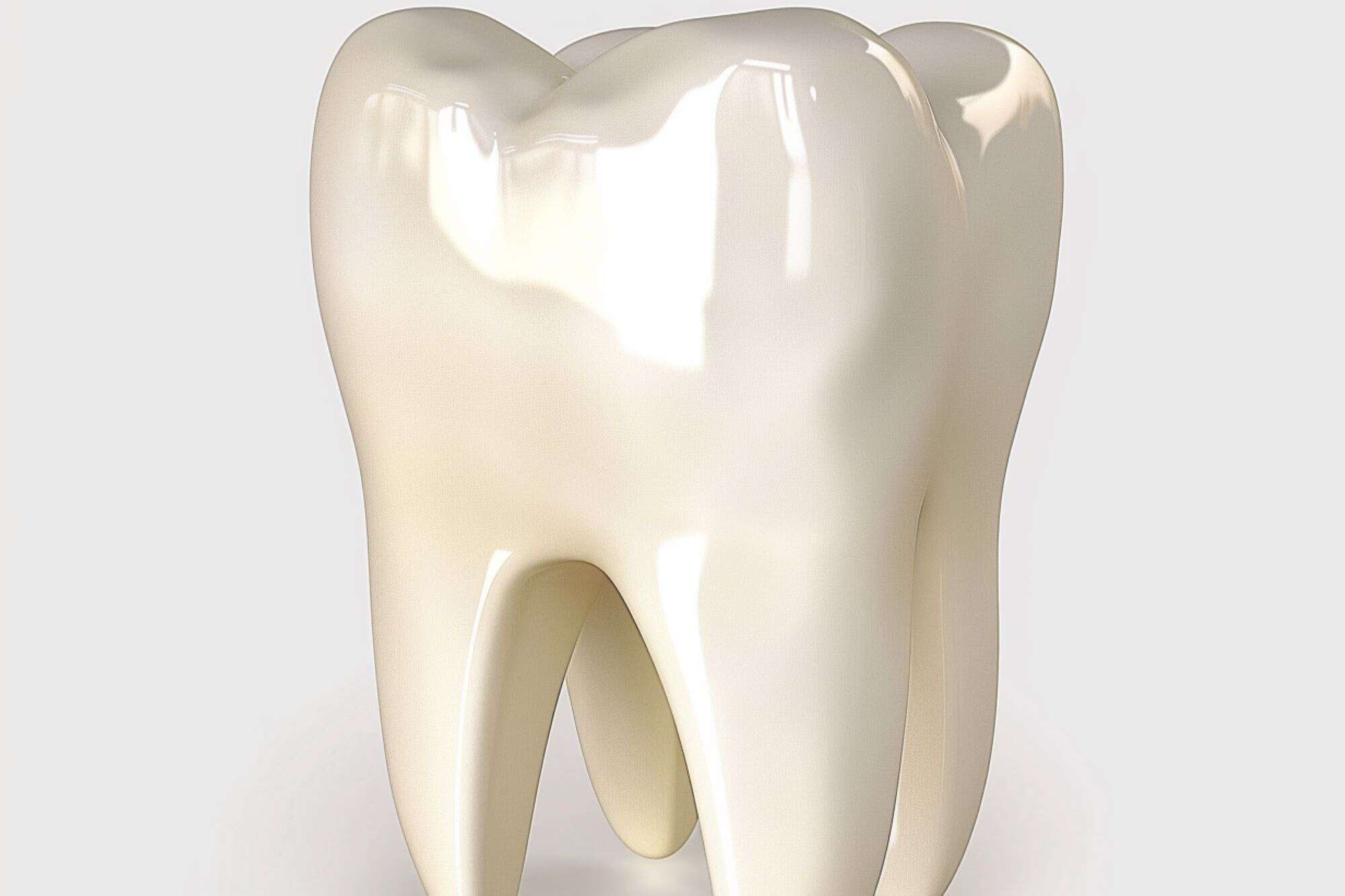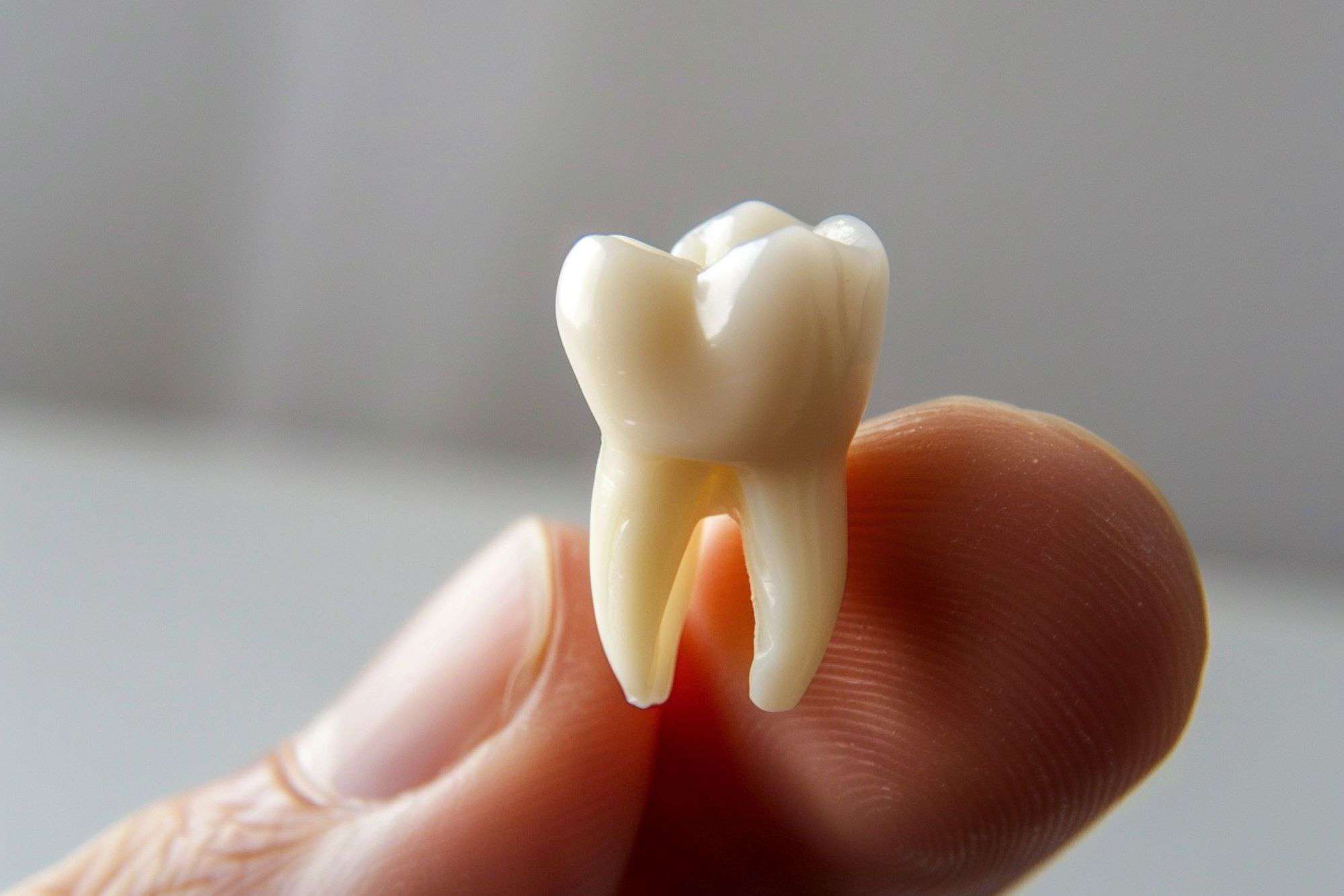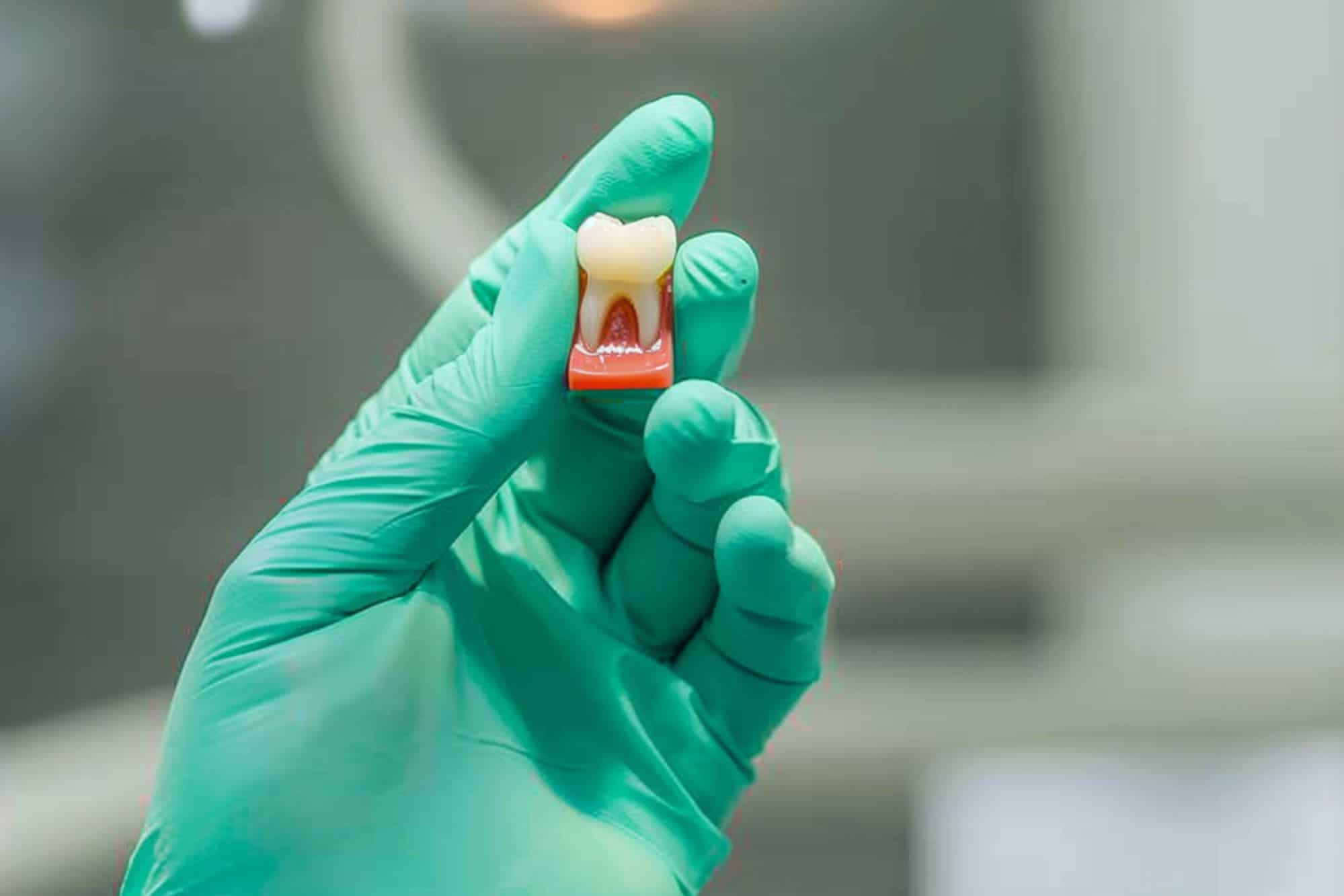Welcome to our discussion on emergency dental care, particularly focusing on whether an emergency dentist in Roanoke can perform a root canal. Understanding this can help you make quick decisions during a dental emergency, potentially saving a tooth that might otherwise be lost.
What is a Root Canal?
A root canal is a common dental procedure aimed at treating infected or damaged teeth. Inside each tooth is a soft core called the pulp, which contains nerves, blood vessels, and connective tissue. When a tooth’s pulp becomes infected due to decay, a crack, or injury, it can cause severe pain and swelling.
The root canal procedure involves removing the infected pulp, cleaning the inside of the tooth, and then sealing it to protect against future infections. This treatment helps save the tooth, which might otherwise need to be extracted. Saving your natural tooth is crucial because it prevents other teeth from drifting out of line and causing jaw problems. It also helps maintain your ability to chew and your overall smile and appearance.
Capabilities of Emergency Dentists
Emergency dentists are trained professionals who provide urgent dental care. They are skilled in various dental procedures, including root canals, which are often required in emergency situations.
In dental school, all dentists learn how to perform root canals, and they are fully licensed to do so. However, emergency dentists often gain additional experience in this procedure because they frequently deal with urgent cases involving severe tooth pain or infection.
… emergency dental services are designed to address your needs without delay.
The advantage of visiting an emergency dentist for a root canal is their ability to provide immediate care. Unlike regular dental offices, which might not have open slots for days, emergency dental services are designed to address your needs without delay. This timely treatment is vital as it increases the chance of saving the infected or damaged tooth.
When Would an Emergency Dentist Perform a Root Canal?
Emergency dentists perform root canals when there is a need to quickly alleviate severe tooth pain or to treat a dental infection that could worsen if not immediately addressed. Here are some scenarios when an emergency dentist would perform a root canal:
- Severe Toothache: The most common reason for an emergency root canal is a severe, persistent toothache that indicates an infection.
- Tooth Injury: If a tooth is chipped or cracked and exposes the pulp, bacteria can enter and infect the area, making a root canal necessary.
- Abscess: If there is an abscess or a pus-filled pocket at the base of a tooth, a root canal may be needed to remove the infection and save the tooth.
Symptoms that might lead you to seek emergency root canal treatment include intense pain, prolonged sensitivity to heat or cold, swelling and tenderness in the nearby gums, discoloration of the tooth, and a persistent or recurring pimple on the gums.
Benefits and Considerations of Emergency Root Canal Treatment
Getting a root canal from an emergency dentist has several benefits, but there are also factors to consider before undergoing this procedure.
Benefits:
Immediate Pain Relief: The primary benefit of an emergency root canal is immediate relief from severe tooth pain.
Tooth Preservation: This procedure can save a tooth that might otherwise need to be extracted.
Prevents Spread of Infection: Treating the infection promptly with a root canal prevents it from spreading to other areas of the mouth or body.
Considerations:
Cost: Emergency dental care can be more expensive than scheduled treatments.
Follow-Up Care: After an emergency root canal, you may need further treatment from a regular dentist or an endodontist to ensure the tooth is fully restored.
Frequently Asked Questions
Can any emergency dentist perform a root canal?
Yes, all licensed dentists are trained to perform root canal treatments as part of their education in dental school. However, emergency dentists often handle a higher volume of urgent cases, which can include severe infections and acute dental trauma requiring immediate root canal therapy. This gives them practical experience and proficiency in managing complex cases under pressure.
In Roanoke, emergency dentists are equipped with the necessary tools and technologies to perform root canals efficiently. These professionals are adept at quickly diagnosing the problem and deciding the best course of action to relieve pain and save the tooth. The key is their availability and readiness to provide immediate care, which is crucial in preventing the spread of infection and further deterioration of the tooth’s structure.
What are the signs that I might need a root canal?
The need for a root canal typically stems from infection or inflammation of the tooth’s pulp, which can cause various symptoms. Here are detailed explanations of these signs:
Severe Toothache: Pain in the tooth that is persistent or worsens when you bite down or apply pressure can indicate deep decay or damage to the pulp.
Sensitivity to Temperature: A prolonged sensitivity to hot or cold temperatures after the initial exposure has ended can be a sign of pulp damage.
Tooth Discoloration: A tooth that becomes significantly darker compared to surrounding teeth may suggest underlying pulp damage.
Swollen Gums: Swelling and tenderness in the gums around the affected tooth can indicate spreading inflammation or the formation of an abscess.
Recurring Pimple on Gums: One of the most telltale signs of a need for a root canal is a recurring or persistent pimple-like bump on the gums, often oozing pus, indicating an abscess.
RECOMMENDATION
Consult an emergency dentist if you experience any of these symptoms to prevent further complications and assess the need for a root canal.
How long does an emergency root canal take?
The duration of an emergency root canal procedure can vary depending on the complexity of the case and the specific tooth involved. Typically, the procedure can take anywhere from 30 to 90 minutes. Here’s what influences the timing:
- Number of Canals in the Tooth: Some teeth, like molars, have more canals, which can complicate the procedure and require more time.
- Severity of Infection: Extensive infections may require additional time for cleaning and disinfecting the tooth canals.
- Tooth Accessibility: Hard-to-reach teeth may take longer to treat effectively.
Emergency dentists in Roanoke aim to perform the procedure as quickly and efficiently as possible while ensuring thorough treatment to address the infection and prevent recurrence.
What should I expect after an emergency root canal?
After undergoing a root canal treatment, it is common to experience some aftermath effects, which typically subside within a few days. Here’s what you can expect:
Soreness: The treated area may feel sore or tender for a few days. This is normal and can usually be managed with over-the-counter pain relievers.
Sensitivity: The tooth may be sensitive to pressure and temperature changes. It is advisable to avoid chewing on that side of your mouth until the final restoration is complete.
Follow-Up Care: Your emergency dentist will likely schedule a follow-up visit to place a permanent filling or crown to restore the tooth fully. It’s crucial to attend this appointment to ensure the longevity of the tooth and prevent future problems.
Post-treatment care is essential for recovery and maintaining oral health. Be sure to follow any specific care instructions provided by your dentist, including oral hygiene practices to keep the area clean and free from infection.
Conclusion
Understanding the role of an emergency dentist in performing root canals is crucial for anyone facing a dental emergency. Knowing that you can turn to a skilled professional in Roanoke who can provide immediate and effective treatment can be incredibly reassuring. If you’re experiencing any of the symptoms mentioned, don’t hesitate to seek emergency dental care.






